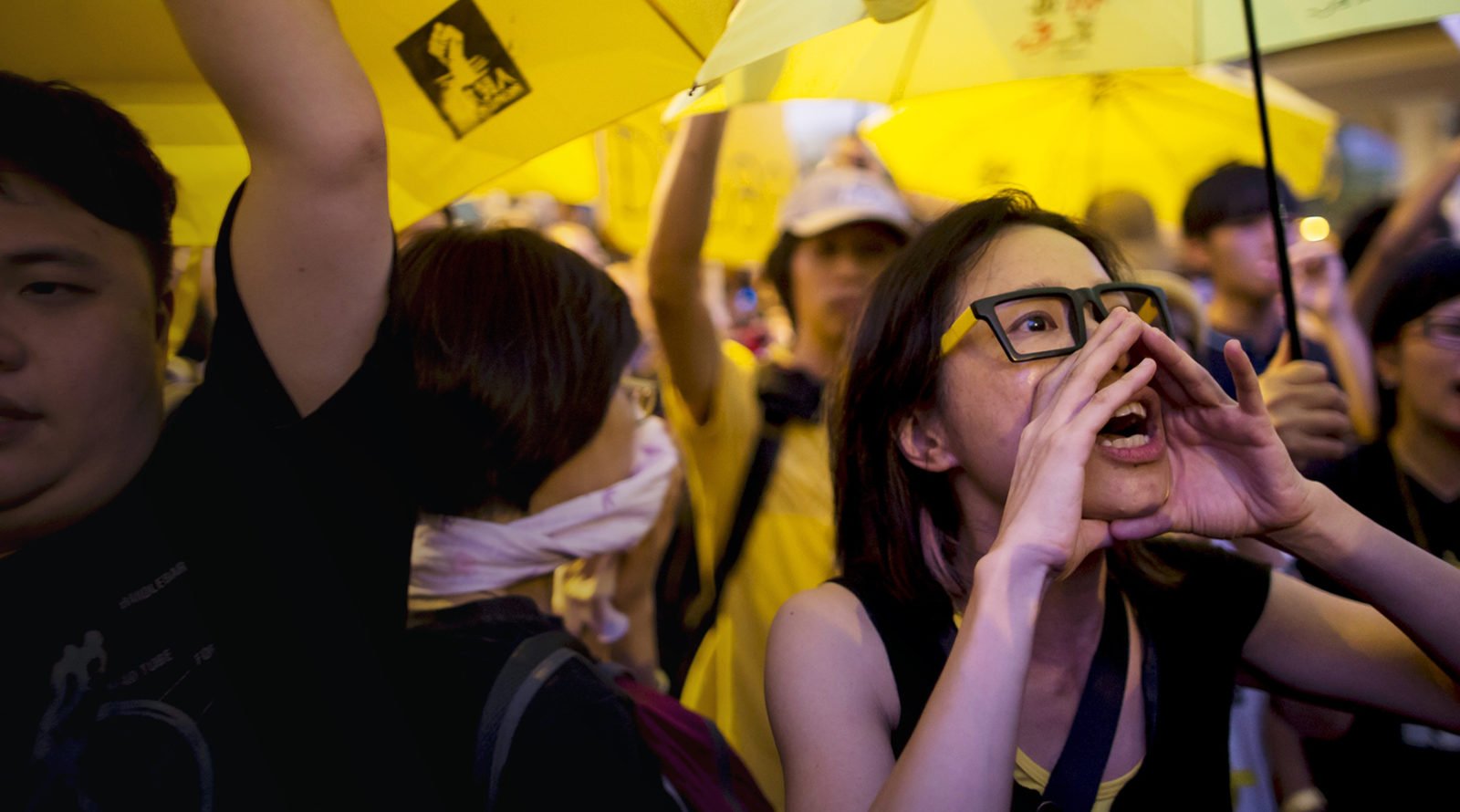Legal rights play a crucial role in society. They provide individuals with protection, security, and a sense of justice. A system of laws and regulations creates a structure for society, guiding and governing individual behaviors and interactions. However, even with these legal frameworks in place, injustice still exists in various forms, such as discrimination, inequality, and oppression. To challenge these injustices and create a fairer society, legal rights must be used effectively.
One of the essential roles of legal rights is to empower individuals to speak out against injustice. The right to free speech in the United States, for example, allows individuals to voice their opinions, beliefs, and criticisms without fear of government interference. These legal protections create a space for public debate, encouraging individuals to raise awareness around specific issues and hold those in power accountable.
Another way legal rights can help challenge injustice is by providing individuals with access to justice. For those who experience discrimination or abuse, the legal system can provide avenues for redress and recourse. For instance, the right to petition for a writ of habeas corpus enables individuals who are imprisoned unlawfully to seek release. Without this legal right, individuals may be wrongly imprisoned without a way to challenge their detention.
Legal rights also have the power to transform society by setting new standards and expectations. For example, advances in civil rights legislation in the United States in the mid-20th century legally prohibited discriminatory practices in areas like housing, employment, and education. These laws were crucial in combating discrimination and creating a more inclusive society. By setting new standards, legal rights have the power to shift society’s collective consciousness to create a new norm, making possible something that may have been impossible before.
One of the issues with using legal rights to address injustice is that they’re often inaccessible for many people. Legal processes can be complicated, intimidating, and expensive, which creates a barrier to entry for those without significant resources. Consequently, certain communities, such as low-income individuals, people of color, and marginalized groups, may not have equal access to justice. Addressing these inequities is critical because everyone should have an equal opportunity to challenge injustice and have their voices heard.
In conclusion, legal rights have a critical role to play in challenging injustice in society. They empower individuals to speak out, providing access to justice and setting new standards for societal norms. However, access to legal rights is not equal, and addressing these inequities is crucial to creating a fairer society. By understanding the fundamental importance of legal rights and working to ensure their accessibility, individuals can actively work to challenge injustice and create a better future.

